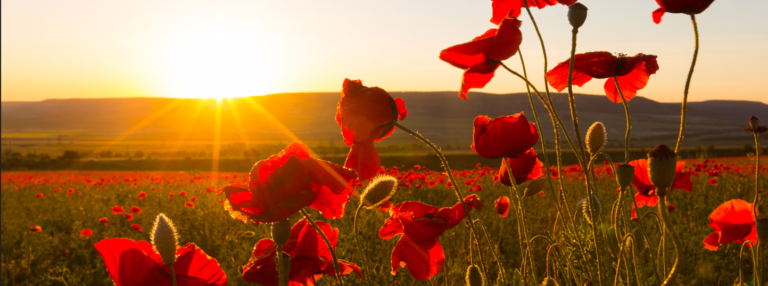
ON GRIEF, THE PANDEMIC AND PENTECOST

I remember when COVID-19 started, just as the word “pandemic” was starting to be whispered, before life as we knew it changed so radically. That first week, it seemed harder to get through the days and nights – there were so many questions and so few answers. In some ways that time feels like years ago.
The days passed. Many of us felt like we were living in slow motion. Why couldn’t we concentrate? Even basic tasks seemed beyond us. We felt empty and didn’t know how we’d get through the next phase, or even the rest of the day. Yet somehow we did – even if we had lost track of what day it actually was.
At first it seemed inappropriate to feel disappointed that we couldn’t get a haircut, visit friends or go shopping. Then it got more serious. When people in our communities started showing symptoms, we realized that the virus was truly here among us. When loved ones were ill or frail, we hated that we couldn’t visit them at their home or in the hospital. When people we knew died, we wished we could celebrate the usual funeral rituals. So many families did not have the comfort of people gathering to say goodbye.
What all these things – sleeplessness, trouble concentrating, emptiness, sadness, isolation – have in common is this: they are all part of grief. Somewhere along the line, people started talking about the overwhelming grief that we were experiencing on a global scale, all at once. Not only the loss of people we love through death, though that is truly hard to bear. But the loss of independence, income, work, financial security, freedom of movement, time with family and friends, and gathering as a faith community. You could say we are grieving our normal lives.
For Christians, living this time of grief during the Lenten and Easter seasons is especially poignant. Think of what the disciples went through after the high of Jesus’ entry into Jerusalem to celebrate Passover and then the low of his arrest the next day, followed by his trial, crucifixion and death. Their lives were turned upside down overnight. They were stunned. They didn’t know what to do or how to be in the world. They hid, isolated and despairing. They thought hope was gone.
But we are Easter people, and we know that the story doesn’t end there. Before long, hope was reborn. Jesus rose from the dead and was with them. Then came Pentecost! Filled with the Holy Spirit, the disciples left that upper room and took up the story – then shared the good news with everyone they met. Things were different, but life took hold once again.
As the Bible reminds us,
For everything there is a season, and a time for every matter under heaven:
… a time to weep, and a time to laugh; …
a time to mourn, and a time to dance … (Ecclesiastes 3:1-2, 4)
Grief is part of life. Once we name it, we can accept it, find meaning in it and start to live our way through it. And one day, we will laugh and dance again. Even if we couldn’t celebrate Pentecost in the usual way this year, we know that the Spirit is at work in us, in the church, even when our churches are closed.
–Anne Louise Mahoney, Managing Editor, Novalis


